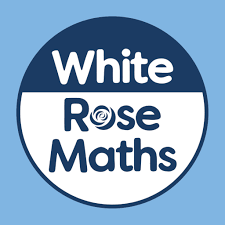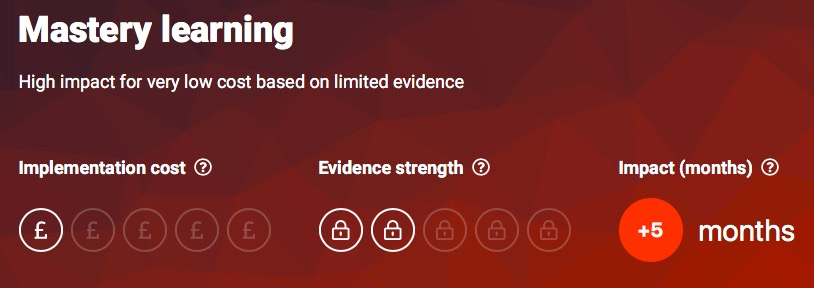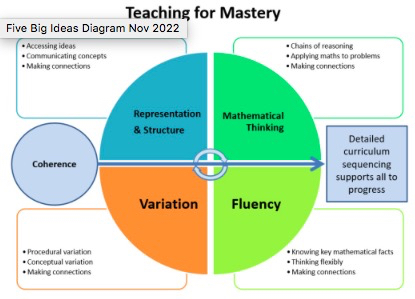The Enquiry Curriculum
Maths
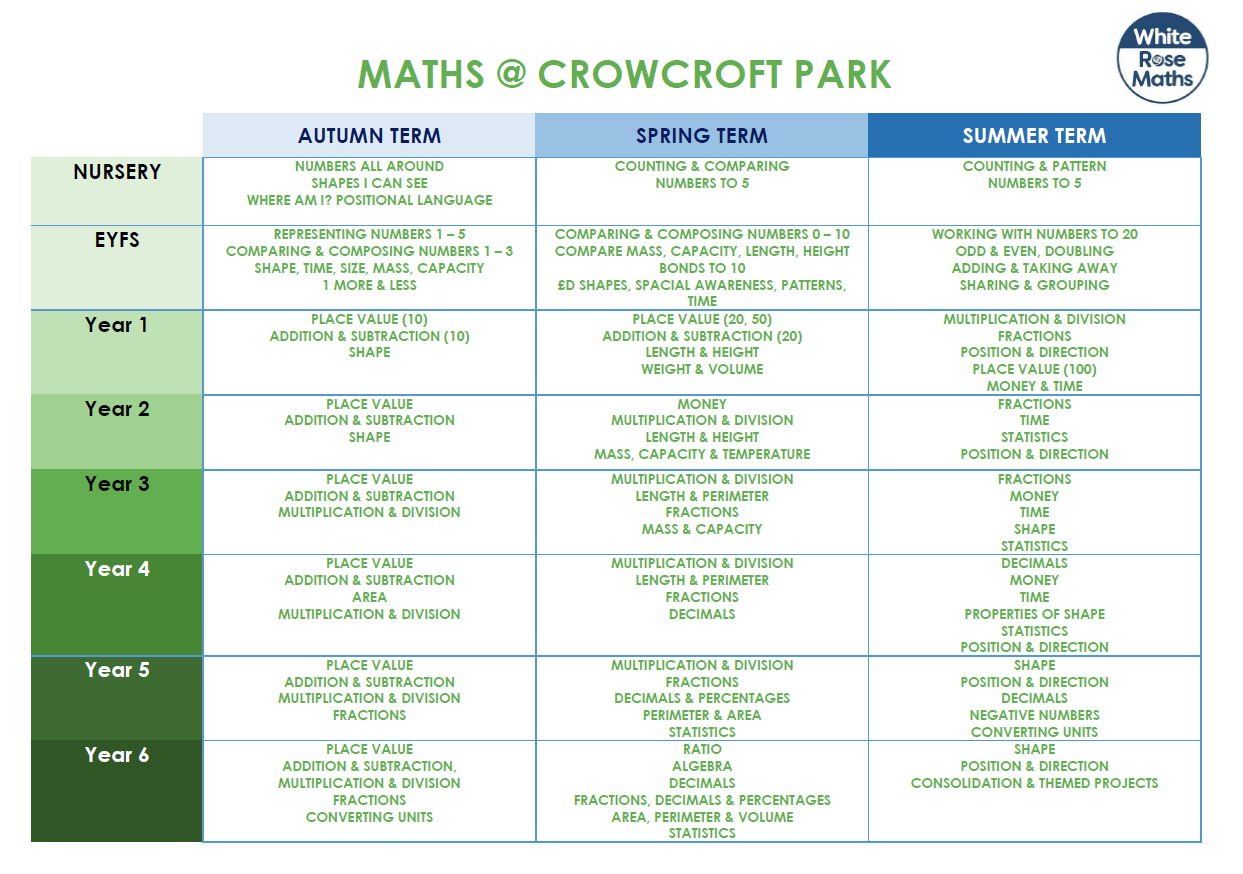
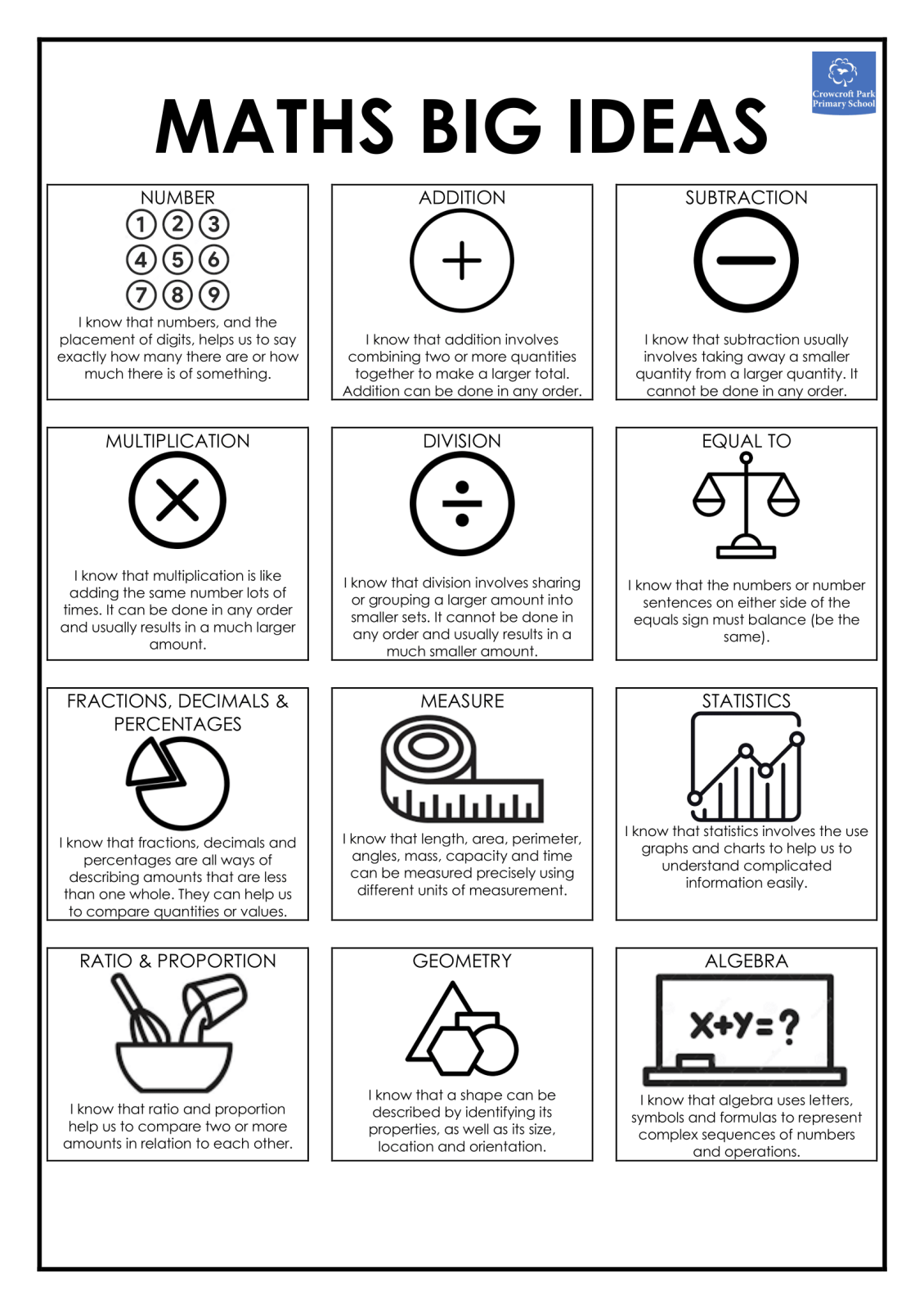
At Crowcroft Park, we have chosen to use the White Rose scheme of work that is written by Maths experts and continually updated to reflect up to date research. This scheme supports teacher development and matches the requirements of the National Curriculum. The website provides lots of useful information to support parents and children at home too!
Our goal is to deliver Maths using a 'mastery learning' approach. This means that children must master 80% of the curriculum before moving on. It is an inclusive approach that adheres to the 'keep up, not catch up' ethos. Find out more about this by clicking below to access information from the Education Endowment Foundation.
Mastery learning is slightly different to 'Learning for Mastery', which is a pedagogical approach to ensure deep conceptual understanding. Find out more here:
Embedding maths facts for swift and automatic recall is essential for children. By the end of Year 4, children should know ('by heart') all times tables facts. We use a resource called 'Times Tables Rock Stars' to help children to become fluent in times tables.
We also use the National Strategies Mental Maths document (adapted to meet requirements of NC14) to support the teaching of Maths fluency. Access the full document here:
Teaching Maths is a precision skill! We aim to use the most up to date research to ensure that our teaching is the best that it can be.
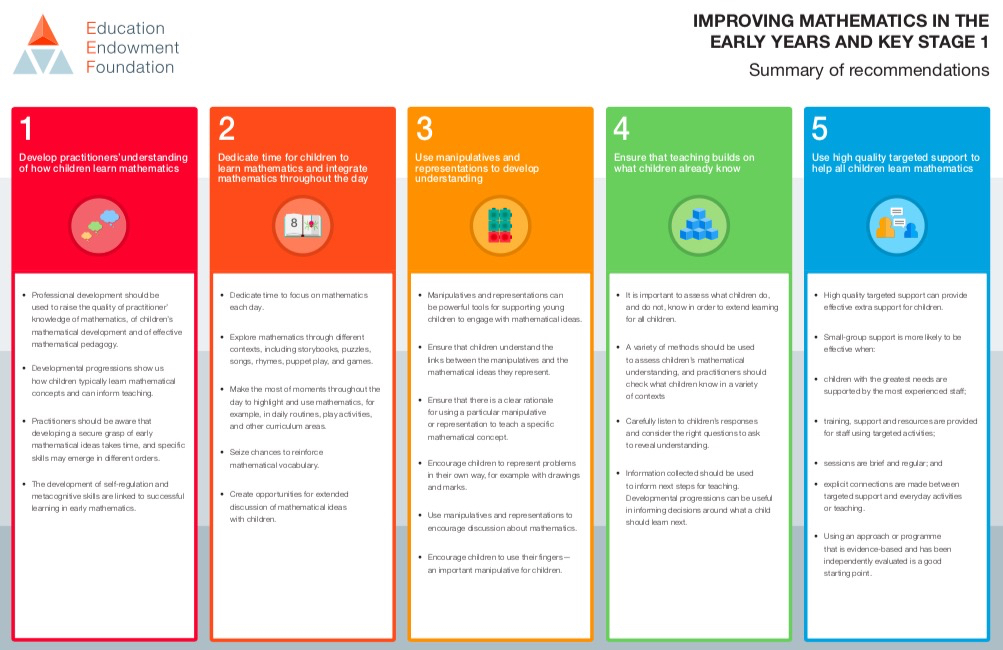
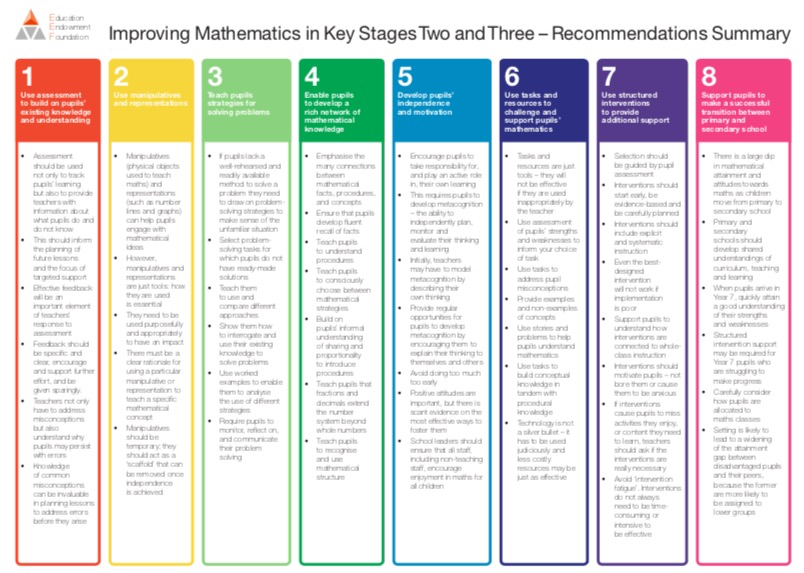
Our long term plans for each year group detail the sequence in which each aspect of Maths will be taught (based on the White Rose planning). These plans also show how and when pupils will be assessed in Maths. There are different layers of assessment:
- During lessons teachers use a range of strategies to continually assess children's learning so that they can respond to their learning needs on a minute to minute basis. These strategies include questioning, quizzing, partner work and application activities. Entrance tickets are also used routinely to inform flexible grouping.
- Between lessons, pupils do mental maths quizzes to keep their maths fluency sharp and help to identify gaps in essential learning.
- At the start of each new unit, children complete a selection of actives independently to help the teacher to assess retention of prior learning and identify any gaps. At the end of the unit, the children once again complete independent questions to check for mastery (80%) and assess progress.
- Pupils only complete a summative test in Maths once a year - in the summer term.
Year 1 Long Term Planning

Year 2 Long Term Planning

Year 3 Long Term Planning

Year 4 Long Term Planning

Year 5 Long Term Planning

Year 6 Long Term Planning

Multiplication Tables Check for Parents
Science
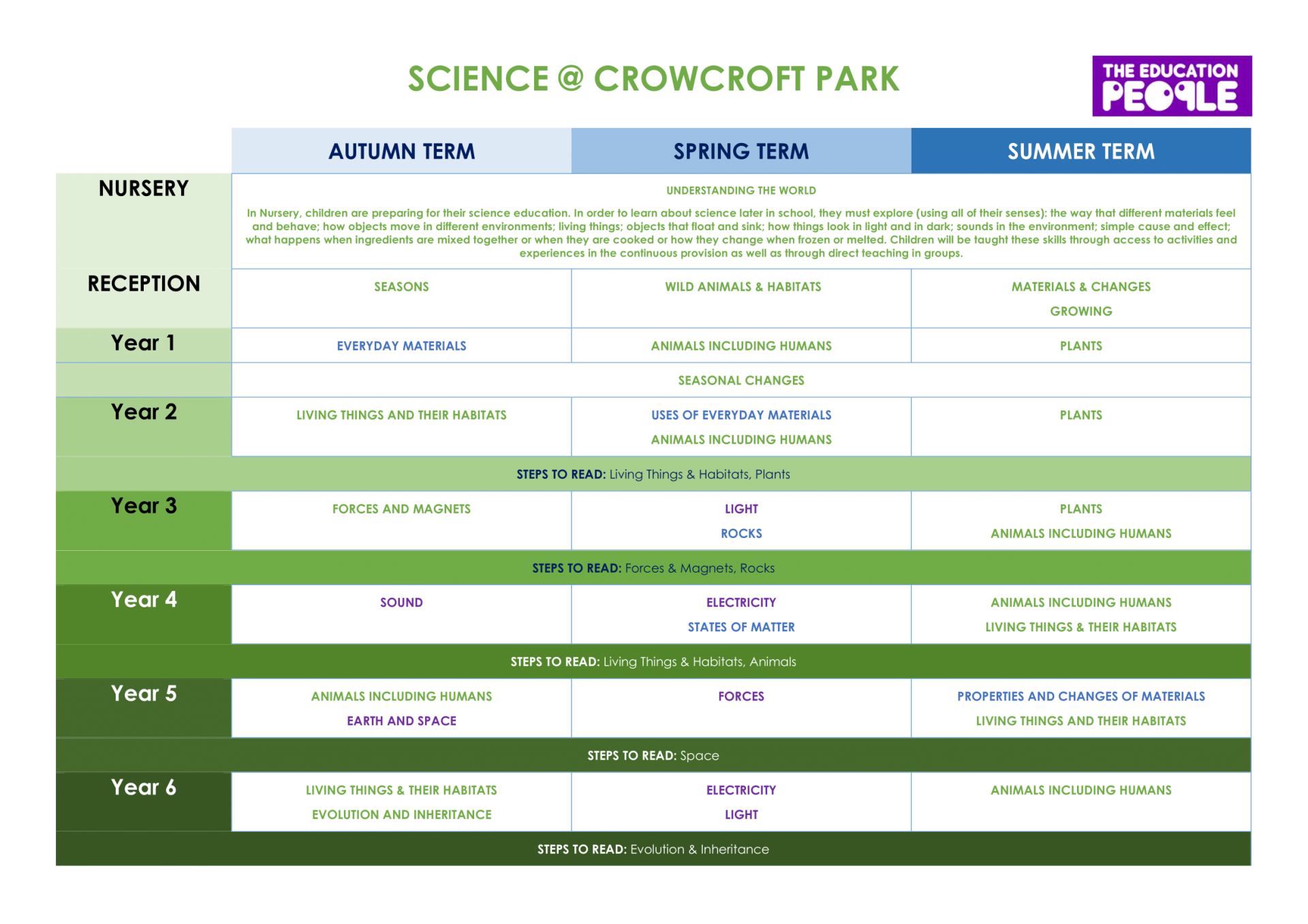
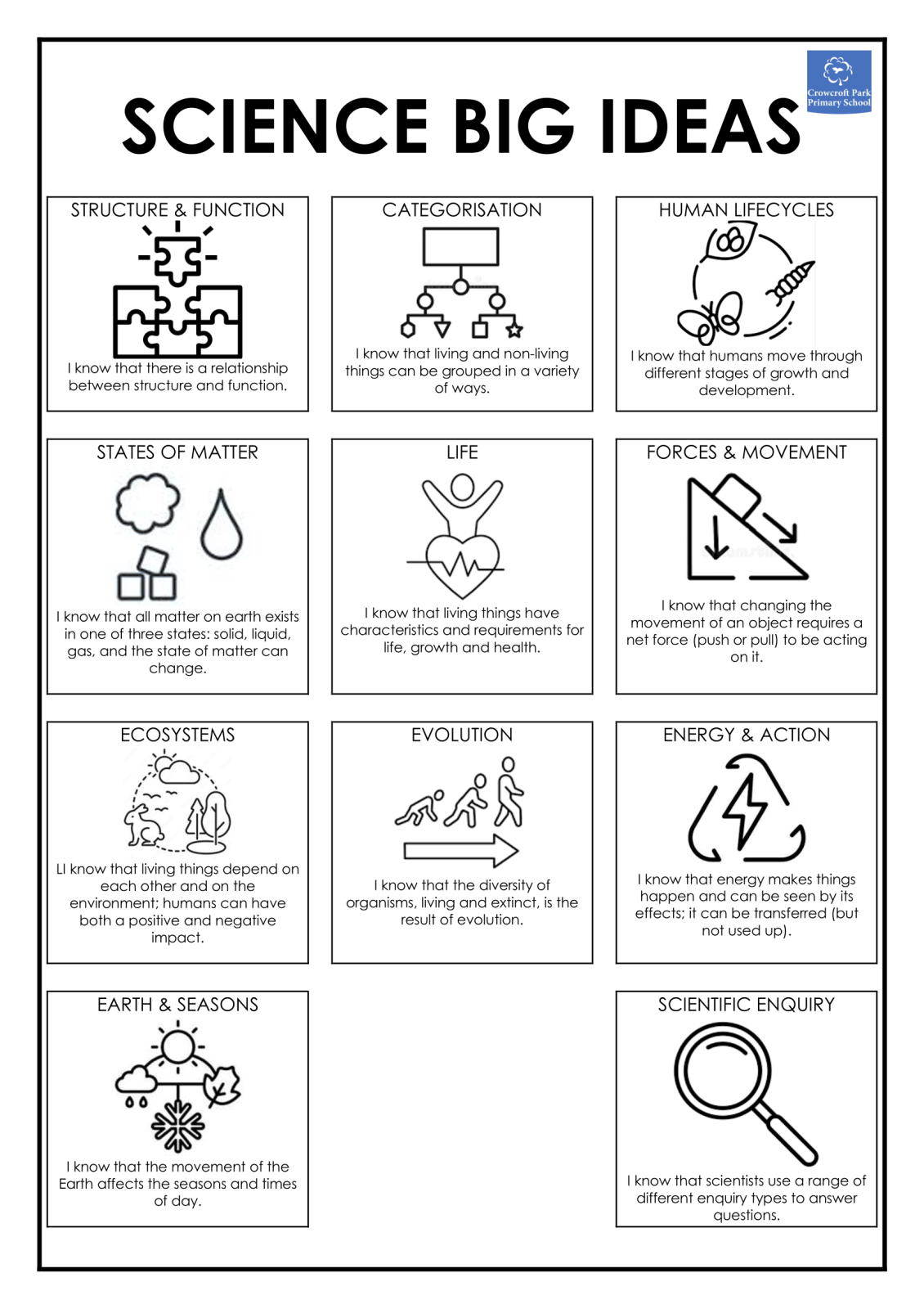

Hamilton's science scheme uses hands-on investigative science activities to promote a deep understanding of scientific concepts and help children develop effective methods of scientific enquiry.
Hamilton's science planning is arranged to take advantage of seasonal study opportunities and to ensure progression in scientific working skills, while covering the National Curriculum for England. Each year is comprised of 6 blocks of 6 sessions dedicated to one of the science areas and culminating in a meaningful outcome. Opportunities for children to meet the full range of scientific investigative approaches entail pattern seeking, exploring, problem solving, fair testing, and analysing secondary sources.
YEAR 1
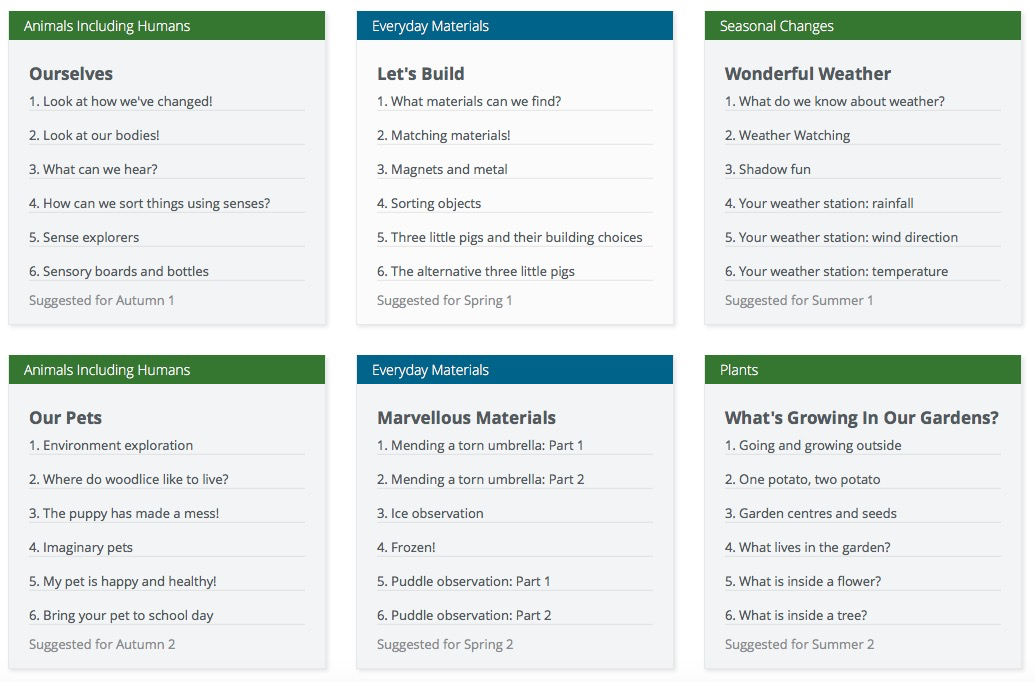
YEAR 2
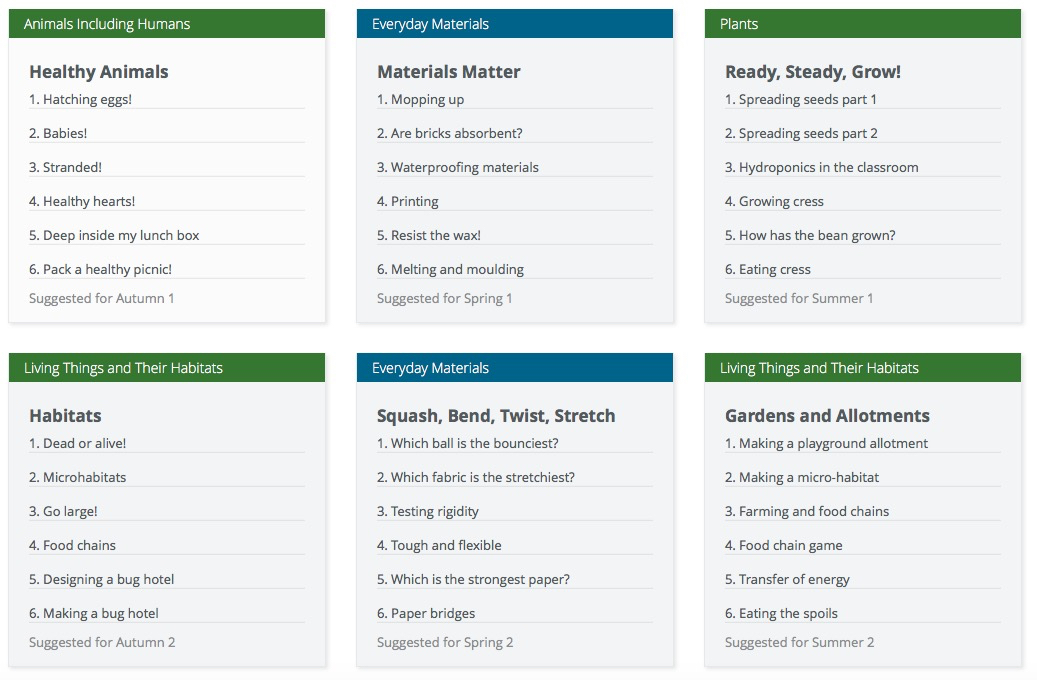
YEAR 3
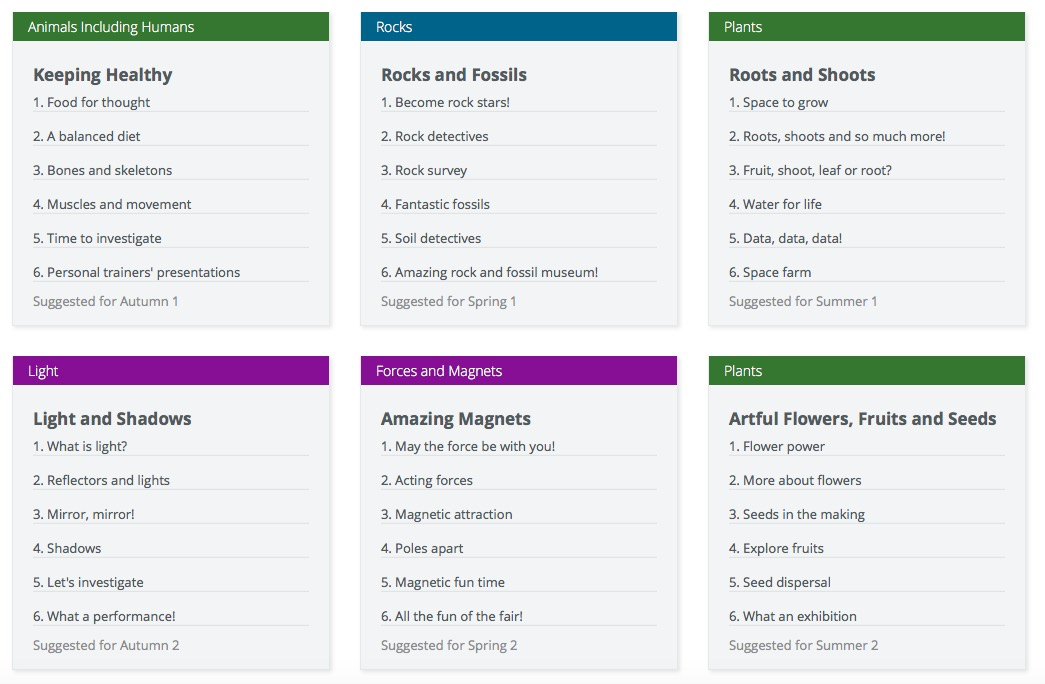
YEAR 4
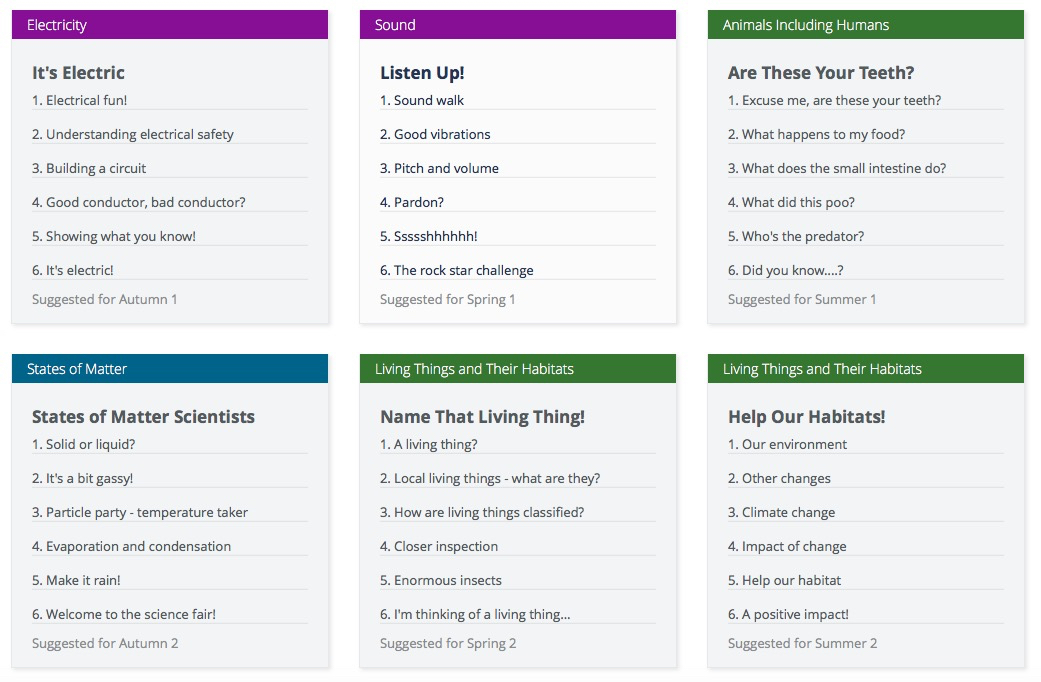
YEAR 5
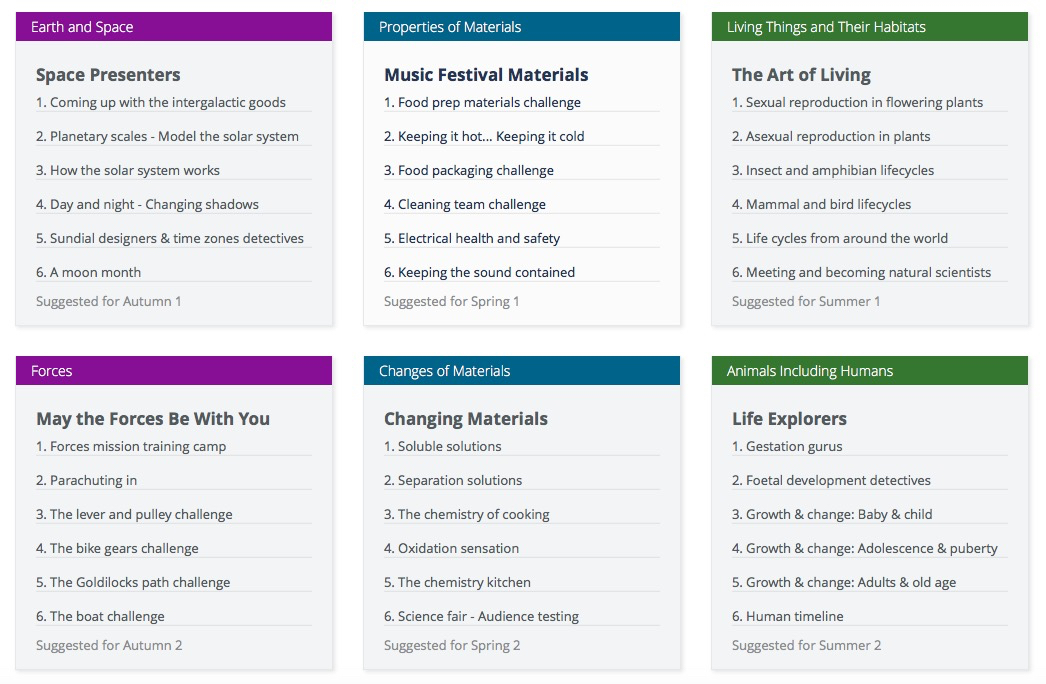
YEAR 6
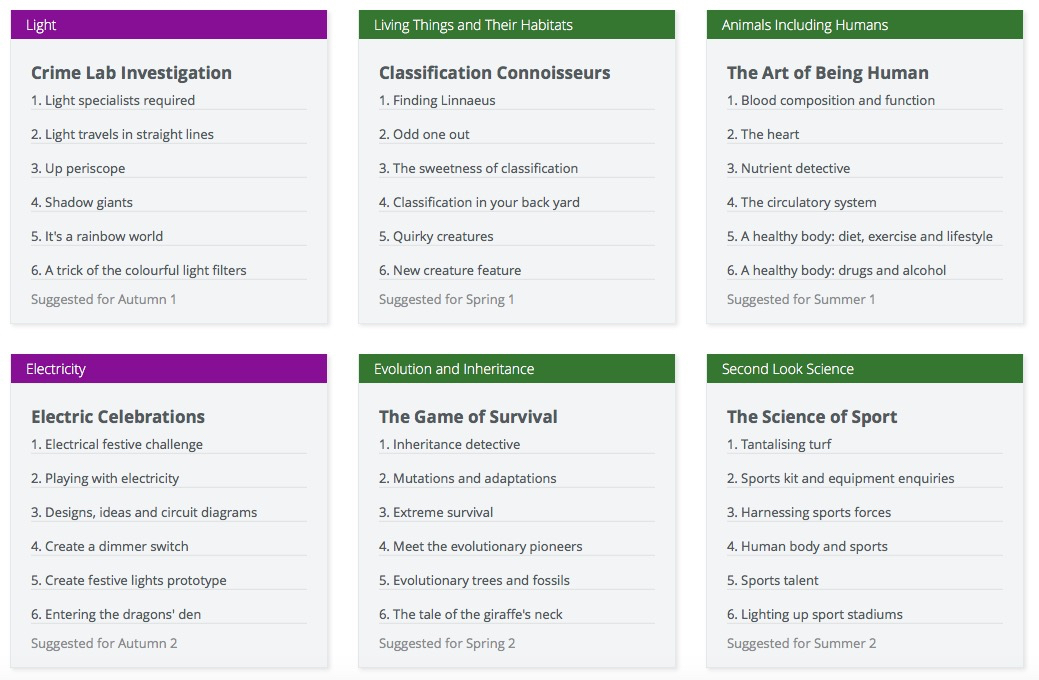
Computing

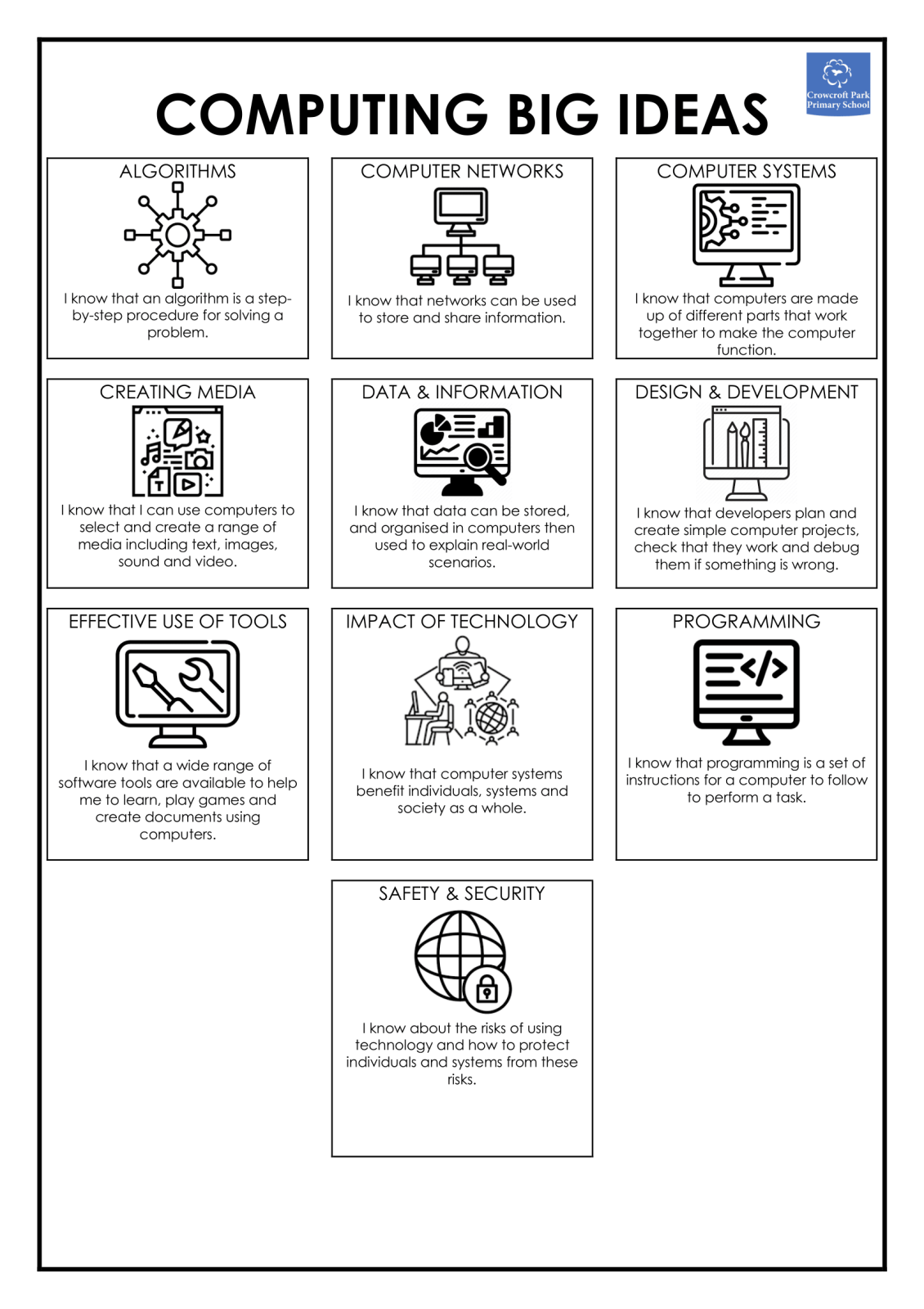
Our Computing curriculum is delivered by Hyett Education.
Children from Year 1 to Year 6 receive two, half-day sessions of specialist Computing teaching every half term. Hyett Education provide all of the hardware and software required so that our children have access to some very exciting equipment.
Using specialist teachers enables us to ensure that our children are taught this fast-paced and ever-changing subject by experts. This also supports our teachers, enabling them to focus on fewer subjects each week. Each year, the children complete two units of learning in ‘digital media’ and ‘computer programming’, and one unit in ‘computers and networks’ and ‘data and information’. During the year, additional specialist STEM / computing workshops also delivered to the children, for example, Lego robotics, drone coding, or media projects.
Online safety is a very important part of the Computing curriculum; it is essential that we teach children how to stay safe in the modern and global context. Children from Year 1 to Year 6 receive 20-30 minutes of online safety lesson each week. Further details about our approach to online safety beyond the curriculum can be found on our safeguarding page.
If you like to know more about The Enquiry Curriculum, please visit one of the websites below or alternatively, speak to Mr Moors.

